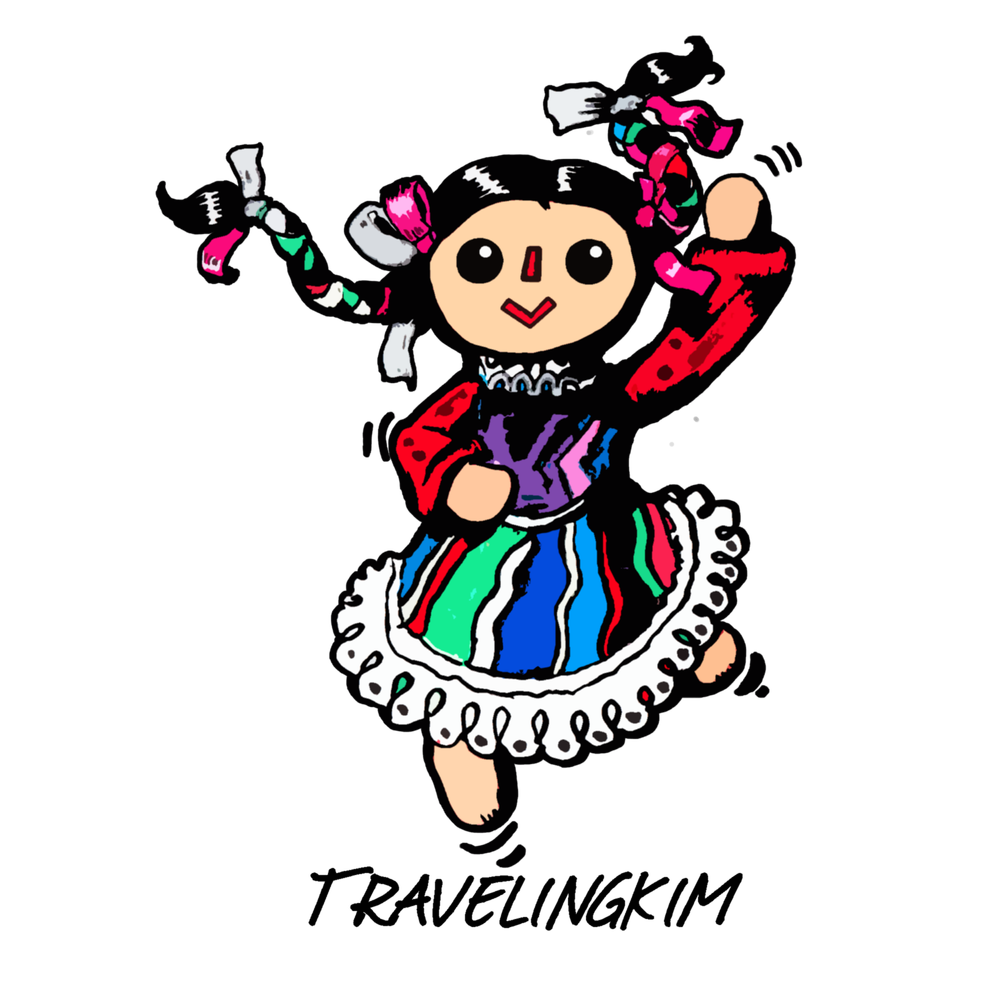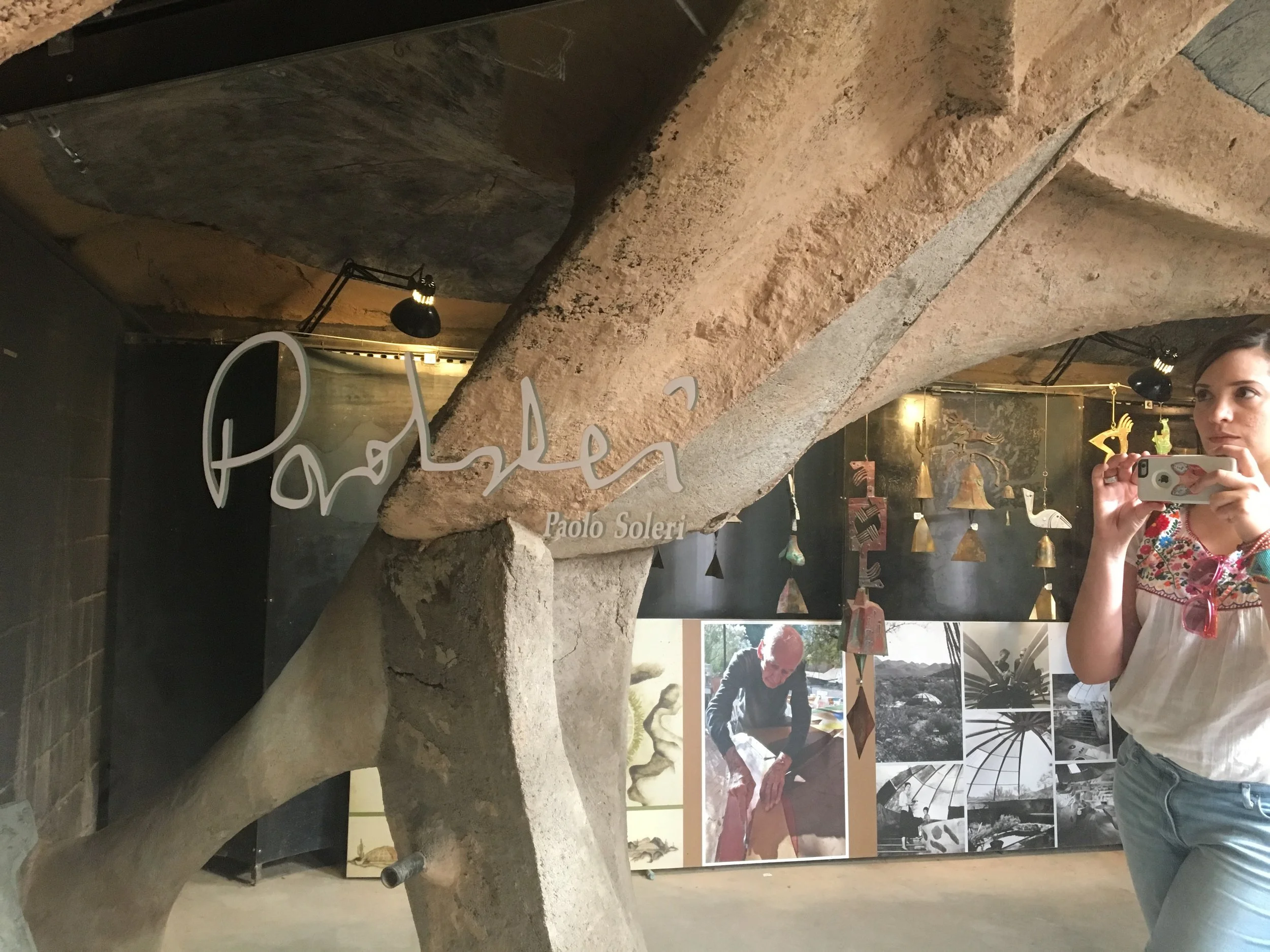Thanks to artist Eli Libson I discovered about Paolo Soleri, an architect who popularized the concept of Arcology (Architecture + Ecology), which is the idea of designing low-impact self-sustainable habitats. It suggests something almost opposite to the suburban sprawl and its dependency on car usage, Soleri's idea proposes the design for compact cities that would use passive solar architecture techniques and they would be located close to uninhabited wilderness providing rural space for agriculture. This creates low energy usage and an efficient food distribution system.
“Arcology recognizes the necessity of the radical reorganization of the sprawling urban landscape into dense, integrated, three-dimensional cities in order to support the complex activities that sustain human culture.”
In order to explore the the concept of Arcology, Soleri founded Arcosanti in 1970. This is an urban and social laboratory where the idea of a compact city design is on constant experimentation.
I've always believed that real advancement in terms of transportation should head more in the direction of it being public and/or by bike, and maybe because of my Mexican roots I carry a strong sense of community: "todos siempre juntos" meaning "all of us always together". Therefore, the concept of Arcology intrigued me a lot, it's in some ways a clash against the current American way of living. I had the chance to explore this place with my family during our stay in Arizona, and one of the current residents gave us a tour and explained a lot of the design and construction involved in this Utopian town.





This place is on ongoing construction thanks to the thousands of volunteers throughout the years, from people that had never used any construction tools in their life to experts in construction wanting to give back to the community.
Being there feels sometimes like a town made for a movie, where there are elements of Gaudí and at the same time it feels as if inspiration came from out of this world.












This place is sustained financially by donations, workshops, tourism and mainly by the sale of the famous Cosanti windbells.
This place is definitely a must for anyone who loves architecture or that is deeply passionate about sociology. It's made me question more regarding the green solutions we're currently using (hybrid cars, solar panels, use of green products, etc.) and think more deeply about how to reformulate the way we live instead of consuming a "better kind of wrongness".
Thinking about the deep root of low impact living. At Arcosanti.








